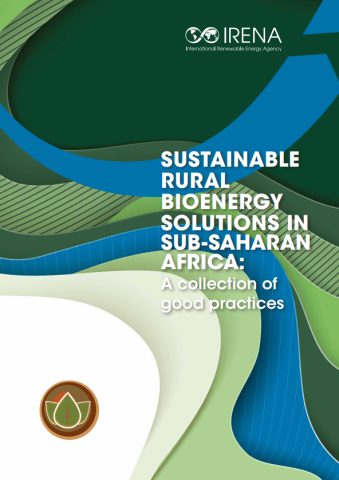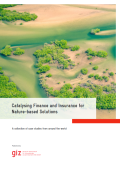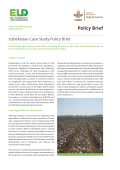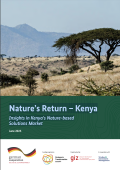
This collection aims to provide a reference for policy makers and practitioners working to scale up bioenergy in rural areas of sub-Saharan Africa. Energy, agriculture, forestry, environment, finance and business experts all seek for solutions to provide energy and also enhance food security, social welfare and environmental sustainability.
The three main issues in rural bioenergy in sub-Saharan Africa are:
- Unsustainable bioenergy feedstock which lead to deforestation;
- Unhealthy domestic energy productions systems;
- The lack of a means to ensure the sustainability of better bioenergy solutions.
Solutions outlined in this collection aim to contribute to sustainable bioenergy development through ongoing collaboration with partners.
Various innovative technologies and tools to produce and distribute renewable bioenergy, which promote the sustainable use of locally available resources without disrupting food and water supply, are affordable and efficient have been emerging within the region. Information focused on three themes – sustainable rural biomass supply, biomass-to-energy innovations and tools for enhanced bioenergy sustainability – was collected by the International Renewable Energy Agency (IRENA) through a “Call for Good Practice” from May to August 2017. This was aimed at exchanging information at the International Workshop on Sustainable Rural Bioenergy Solutions in Sub-Saharan Africa held in Nairobi, Kenya on 19 January 2018. The workshop was organised by IRENA, Japan International Research Center for Agricultural Sciences (JIRCAS) and World Agroforestry Center (ICRAF) with funding support by the Ministry of Agriculture, Forestry and Fisheries of Japan (MAFF-Japan) and the Ministry of Foreign Affairs of Japan.



